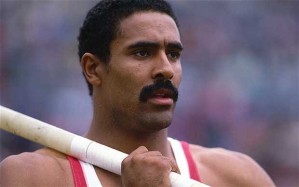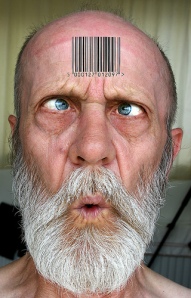1984 was a great year-not just for George Orwell lovers, or for me as I embarked on my medical education. Daley Thompson won his second Olympic gold medal in the decathlon event, and in securing his place in athletics history also broke the world record. Picture the scene afterwards if you can, as journalists jostled to talk to the great man draped in Union flags and his gold medal. “Daley-well done on your double Olympic success. Are you now going to consider specialising?”
How will you respond next time you are faced with that question? As a GP, I have been asked many times about my lack of specialisation-the implication perhaps being that I have failed in my profession. How do I live with the daily thought that, in some circles, I am viewed as a sub-species, a “not quite made it” doctor?
I think we should celebrate our generalisation, our ability to see all comers and usually generate some sort of management plan. We often bemoan the lack of a generalist in secondary care and have recently welcomed with open arms the rapid access to a clinic for those patients who just “aren’t really that well”-this has filled the gap of an urgent outpatient appointment which seems to have died a death. We can’t all specialise, and we certainly don’t all want to, a bit like Tesco really-come to us and we’ll do our best to sort you out, try not to miss anything important and refer on to a proper doctor when needed.
To paraphrase Fletcher in the great Porridge TV comedy, my specialty is “the statement of the bleeding obvious”. By this I mean that our day to day work is a combination of sharing our medical knowledge, common sense, and our own life experiences with patients. All these three can be helpful at certain times and in different situations but I often wonder if my own experiences of life’s tricky situations, and learning from how patients deal with these are the most helpful for me as a doctor, and also for some of my patients.
When dealing with parents struggling with behavioural issues, people grappling with trying to give something up, or suffering from stress in the workplace, it is frequently not my medical knowledge that I draw on. It is very often my own or learned experiences, combined with common sense that can be most helpful to patients. Of course, the medical knowledge helps-knowing a little bit about lots of things won’t win me a gold medal, but it might just get me on the podium for those patients presenting without a barcode on their forehead.

